
This article highlights what happens when wealthy corporations export hazardous pesticides to Global South countries, where weaker regulatory protections allow them to prioritise shareholder profits over public safety.
In 2017, the Yavatmal district of Maharashtra in India experienced a mass poisoning incident: hundreds of cotton farmers and farm workers suffered severe symptoms after spraying pesticides, with at least 23 deaths reported.
Official police records linked 96 poisoning cases—two fatal—directly to Syngenta’s insecticide Polo, with 36 cases involving only Polo and the rest involving it in combination with other pesticides.
Survivors described symptoms including temporary blindness, unconsciousness, nausea and respiratory distress.
Swiss company Syngenta has denied responsibility, claiming there is absolutely no evidence Polo was involved. In response, 51 affected families, supported by advocacy groups, filed a complaint with the Swiss OECD National Contact Point in 2020, seeking compensation and preventive measures.
The Swiss OECD National Contact Point is an official body designated by Switzerland to handle complaints under the OECD (Organisation for Economic Co-operation and Development) Guidelines for Multinational Enterprises. These guidelines set standards for responsible business conduct, including human rights, labour and environmental practices, for companies operating across borders.
The spouses of two farmers from Maharashtra in India who died from pesticide poisoning and a farmer who survived severe poisoning are suing the Swiss company for damages. Basel Civil Court has initiated an assessment of the evidence regarding the victims’ use of Polo.
The plaintiffs argue that the deaths in 2017 were due to Polo, a pesticide developed, produced and sold by Syngenta. Polo’s active ingredient is diafenthiuron. Although diafenthiuron has been banned in Switzerland and the EU for health and environmental reasons, Syngenta has continued to market and sell Polo in India.
In June 2021, the plaintiffs filed a lawsuit before Basel Civil Court, based on Swiss product liability law. Represented by the law firm Schadenanwälte, they are supported by the European Center for Constitutional and Human Rights (ECCHR), Public Eye (Swiss-based NGO) and Pesticide Action Network India.
This is the first civil lawsuit from the Global South against an agrochemical company over pesticide poisoning. It serves to highlight the growing international criticism of double standards in the pesticide trade and the accountability of European companies.
The outcome could have implications far beyond the individual plaintiffs—for other victims and for how Switzerland handles corporate accountability going forward.
While the court has yet to rule on the merits of the case, it has already sent a strong signal: in June 2022, it granted the plaintiffs legal aid, indicating that Syngenta could be held liable for harm caused by its hazardous products abroad. It paved the way for victims and their families to seek justice before the Swiss court.
Syngenta is one of the world’s largest agrochemical firms. It pushes chemical-intensive farming and also profits from paraquat. A highly toxic herbicide linked to thousands of farmer poisonings and deaths across India, this chemical is banned in more than 50 countries. It is still sold in the country, and Syngenta is one of its largest manufacturers.
In 2020, India’s Ministry of Agriculture proposed banning paraquat. But Industry lobbying, led in part by Syngenta and its affiliates, stalled the process. The company argued that paraquat was safe when used properly. Apparently, training, not prohibition, was the answer. Meanwhile, the chemical stays on the shelf.
Syngenta was among the corporations criticised by a 2017 UN report for “systematic denial of harms” and “unethical marketing tactics”. From paraquat to atrazine (both banned in the EU), selling highly hazardous pesticides is a key part of Syngenta’s business model.
An analysis of a huge database of 2018’s top-selling ‘crop protection products’ revealed the world’s leading agrochemical companies made more than 35 per cent of their sales from pesticides classed as highly hazardous to people, animals or ecosystems. The investigation identified billions of dollars of income for agrochemical giants BASF, Bayer, Corteva, FMC and Syngenta from chemicals found by regulatory authorities to pose health hazards like cancer or reproductive failure.
The study was based on a huge dataset of pesticide sales from the agribusiness intelligence company Phillips McDougall. The data covered around 40 per cent of the $57.6bn global market for agricultural pesticides in 2018. It focused on 43 countries, which between them represented more than 90 per cent of the global pesticide market by value.
So, don’t expect Syngenta to abandon its toxic, profit-driven practices any time soon. However, corporations are fully aware that what some might see as ‘pesky’ court cases can ignite movements that grow into unstoppable forces.
Just ask Bayer about glyphosate—the courtroom battles that turned a trickle of dissent into a tidal wave. When regulatory agencies fail to act and remove pesticides from the market, victims are taking companies to court to hit them where it really hurts—in their pocket.
*
Click the share button below to email/forward this article. Follow us on Instagram and X and subscribe to our Telegram Channel. Feel free to repost Global Research articles with proper attribution.
Renowned author Colin Todhunter specialises in development, food and agriculture. He is a Research Associate of the Centre for Research on Globalization (CRG). He is the author of the following books:
Power Play: The Future of Food
Sickening Profits: The Global Food System’s Poisoned Food and Toxic Wealth
Food, Dispossession and Dependency. Resisting the New World Order
Featured image source
Global Research is a reader-funded media. We do not accept any funding from corporations or governments. Help us stay afloat. Click the image below to make a one-time or recurring donation.


.png) 6 day_ago
33
6 day_ago
33







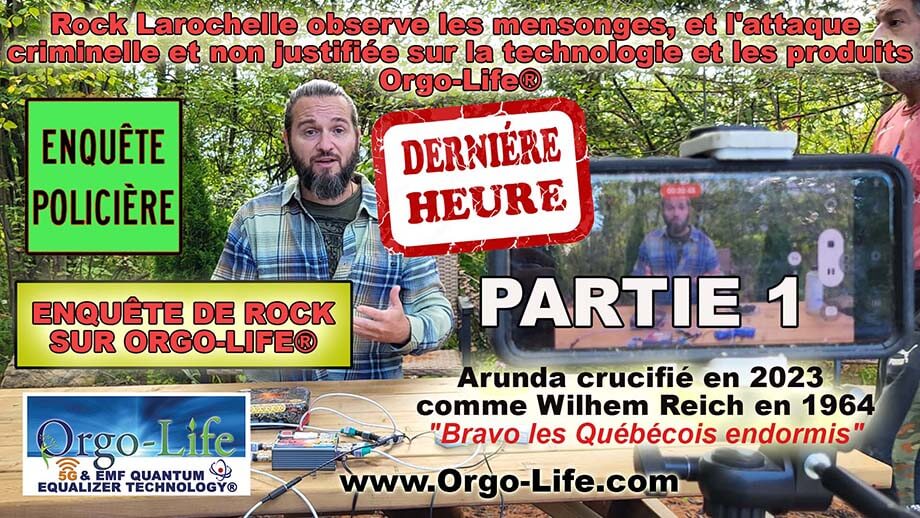
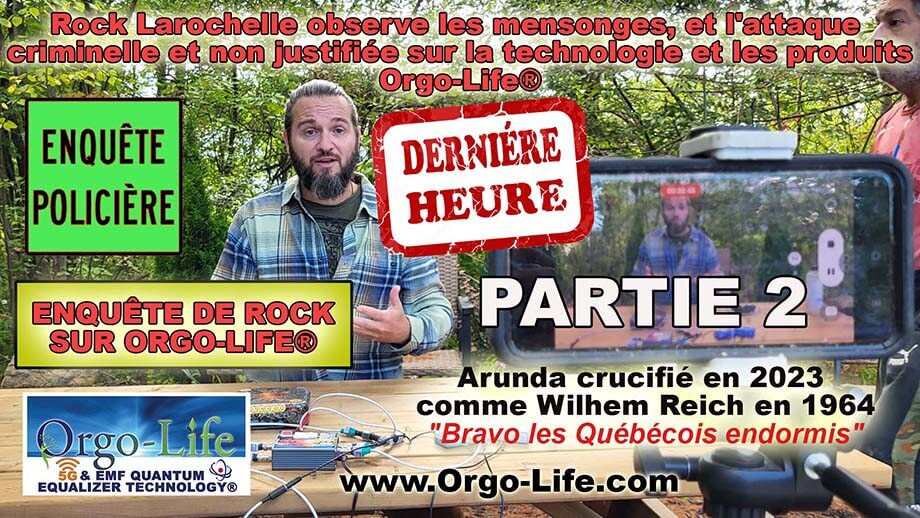


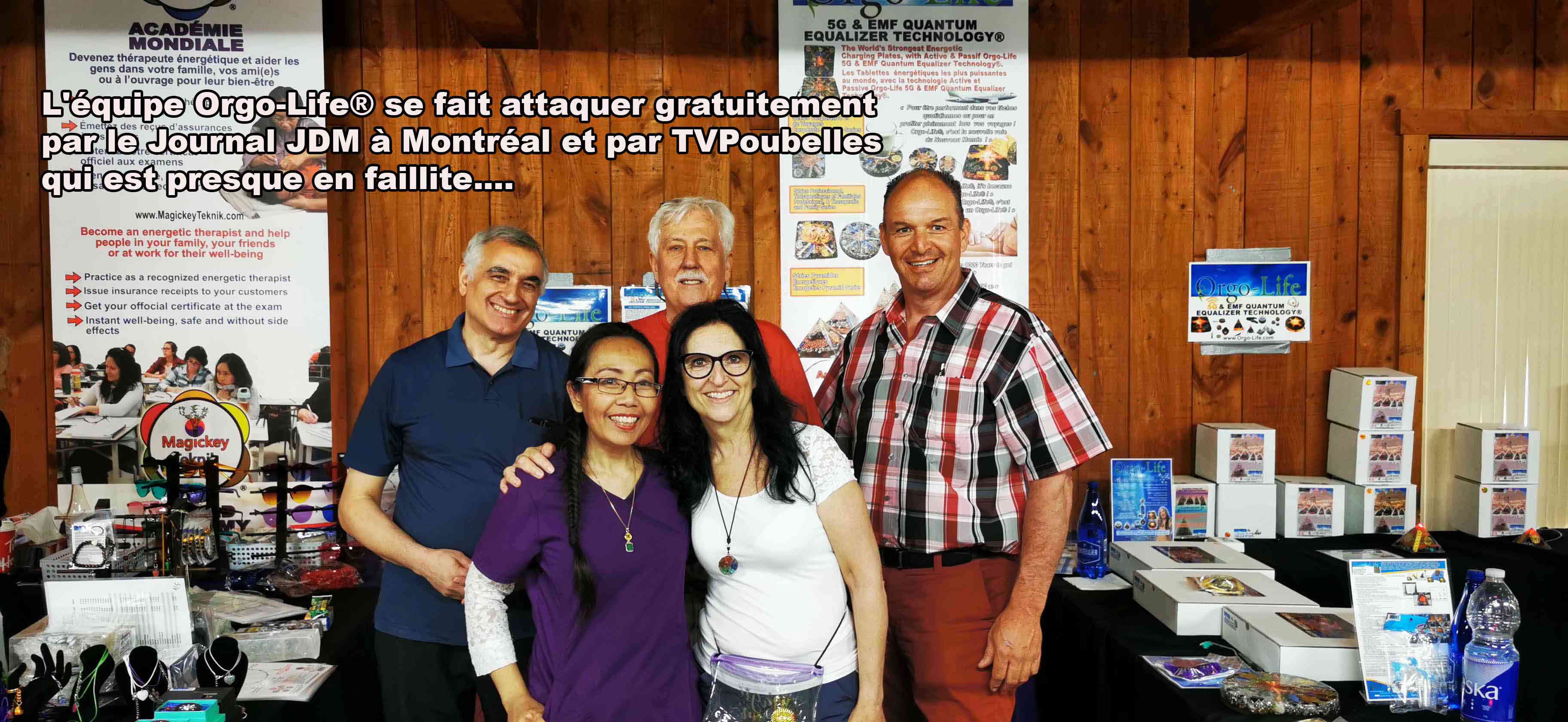


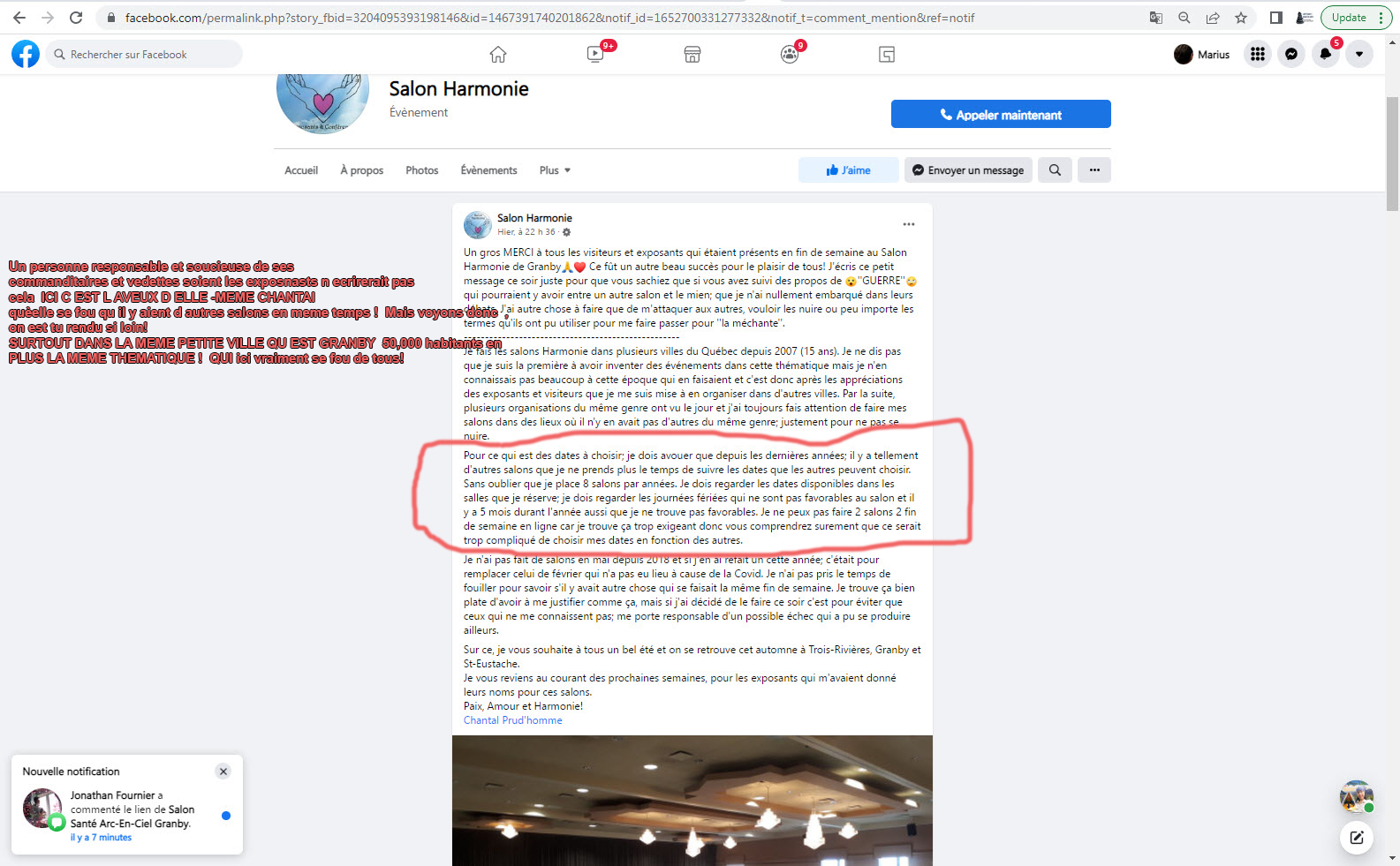


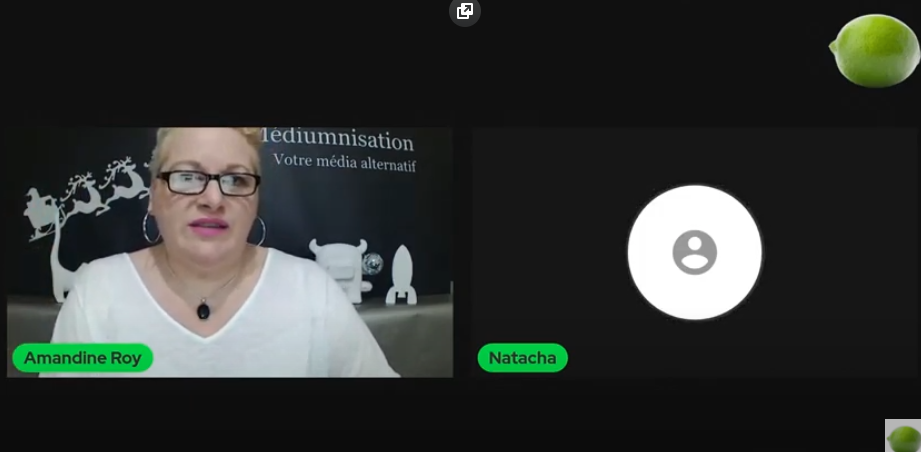


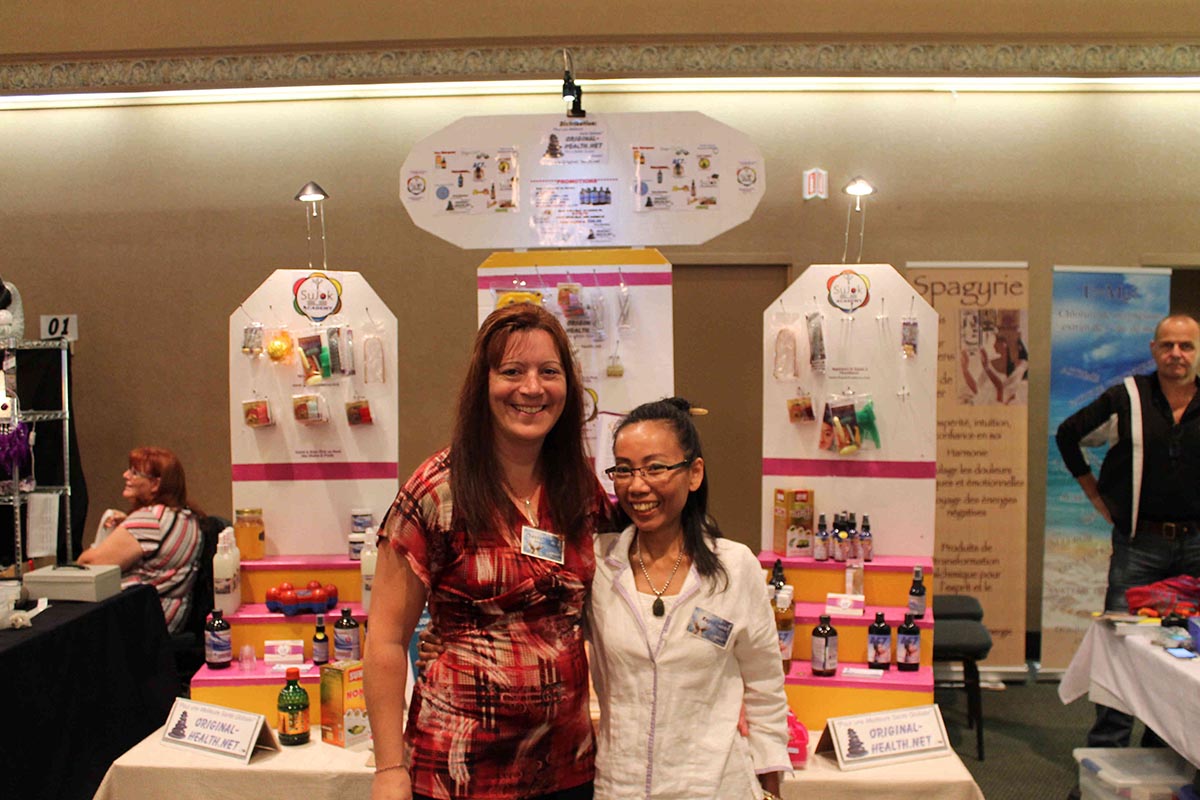
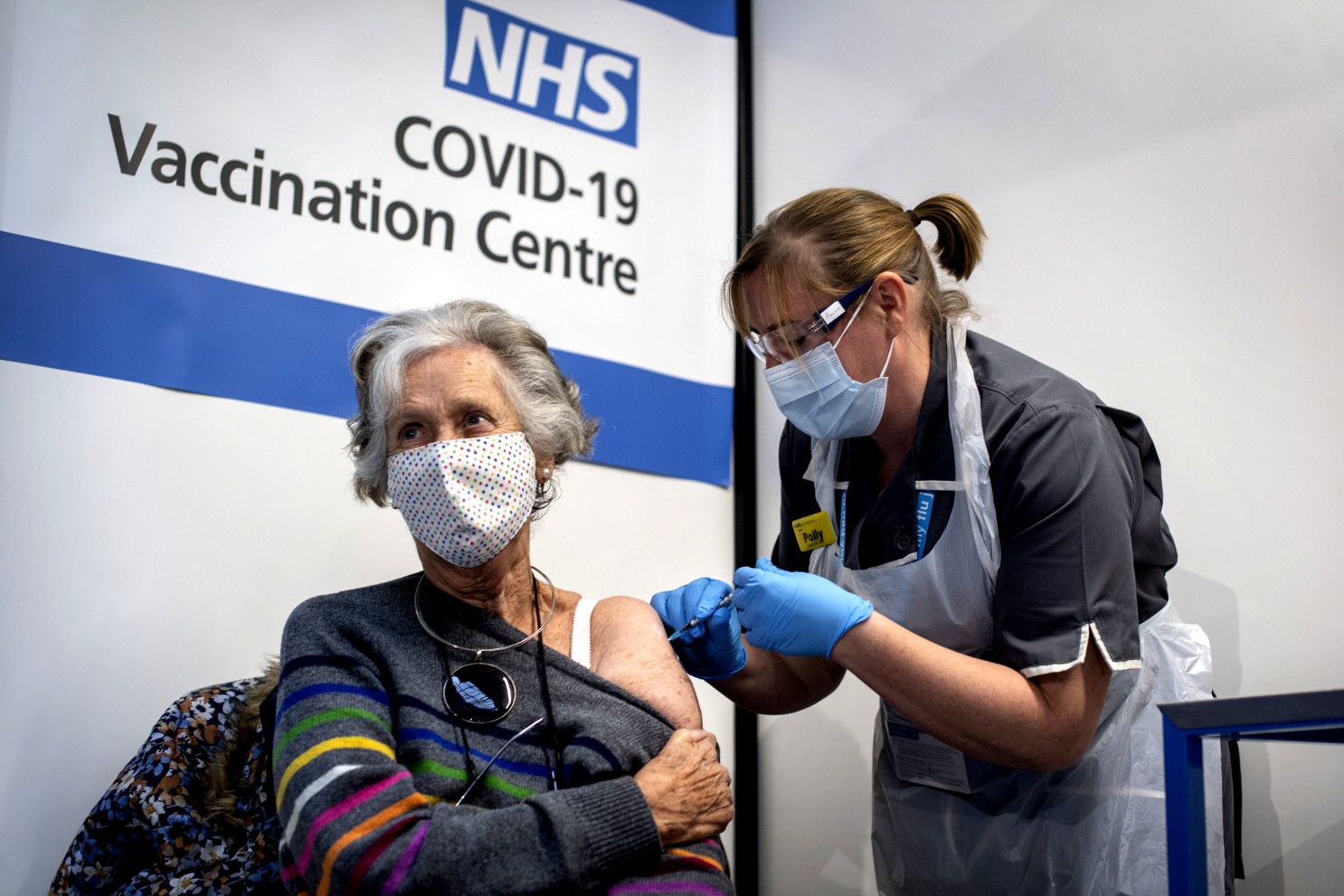
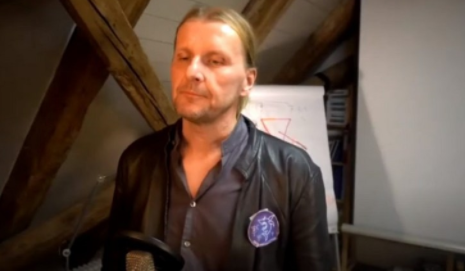
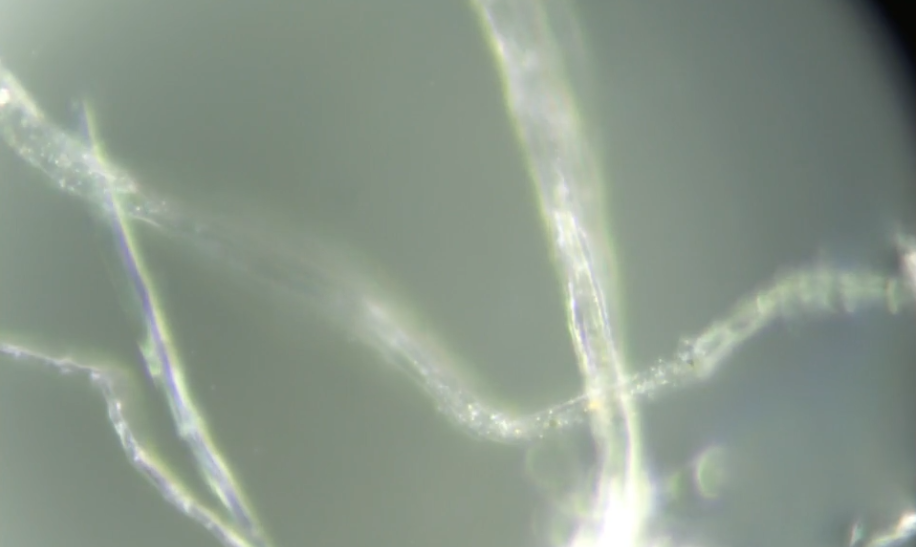


 French (CA)
French (CA)